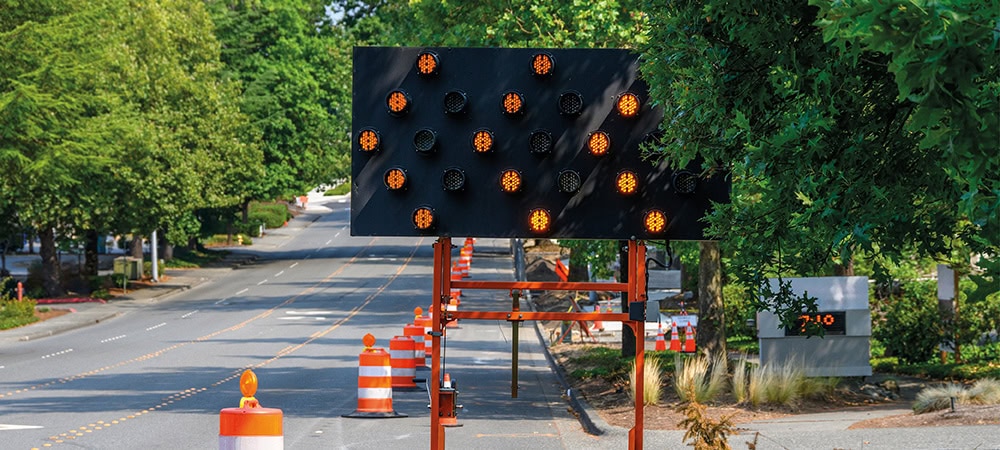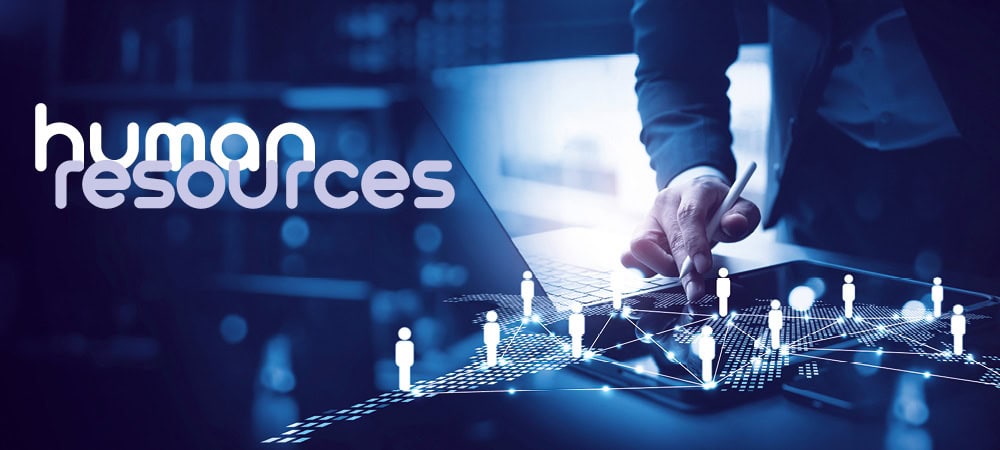Multiple SAP defeat


Many years ago, predictive analytics, AI and machine learning experienced their first commercial peak. Smart computer scientists realized that expensive graphics cards were quite excellent not only for exciting computer games, but also for cryptocurrency mining and AI with a focus on machine learning. Prices for graphics cards from Nvidia and AMD exploded, sometimes to double the list price.
Leonardo
At this AI/ML pioneering stage, hyperscalers began to showcase specific AI capabilities through their cloud offerings. SAP was also quick to recognize the potential of AI, machine learning, blockchain and IoT. These "future technologies" from the field of computer science were combined at SAP with the Leonardo framework. The euphoria was great! The SAP CEO at the time, Bill McDermott, even said that Leonardo would once bring in more revenue than classic ERP.
I was also convinced, and the E3 publishing house planned a Leonardo monthly magazine. But we didn't manage more than a pilot issue with Bernd Leukert, then SAP's Chief Technology Officer. Bill McDermott fired Bernd Leukert overnight and was followed by the current Chief Technology Officer Jürgen Müller, who wrote his doctoral thesis with Professor Hasso Plattner in Potsdam. The Leonardo framework languished and was ultimately discontinued, and our magazine was discontinued.
Under Bill McDermott's leadership, the focus at SAP was on sales rather than technology. Leonardo naturally generated little revenue in the beginning. Obviously, the AI potential was not recognized. Investment in Leonardo was low and sharing with existing customers about the possibilities was marginal. SAP can do AI, IoT, and blockchain, but without verve or enthusiasm. Existing customers interested in AI turned away from SAP and started using hyperscaler services.
Machine manufacturer and existing SAP customer Trumpf did not use SAP Leonardo for its first ML application, but rather functions from the Microsoft Azure Cloud. The topic was preventive maintenance using the sounds of a machine tool. The question was simple: How do you implement preventive maintenance without a physical connection, such as a LAN? Of course, all Trumpf machines are network-capable. For security reasons, however, a direct connection to support may not be desired or even possible. Trumpf developed an app that uses the microphone of a cell phone to record the sounds of a machine tool and searches them for patterns of possible ailments. This machine learning application is a classic example of predictive maintenance and theoretically belongs in the Leonardo framework.
At the time, SAP manager Tanja Rückert was responsible for the Leonardo subsection IoT. She even organized her own IoT congress in Frankfurt/M. with ex-SAP CEO Professor Henning Kagermann as guest of honor and spiritual father for Industry 4.0 in Germany. All the interest of existing customers in AI, the dedicated IoT efforts of manager Rückert, the work of Chief Technology Officer Bernd Leukert did not help to save the SAP framework Leonardo from going under.
Current situation
Tanja Rückert currently works as the head of IT at Bosch and plans to introduce BoschGPT by the end of this year. The industrial group relies heavily on AI and machine learning. The company's own language model is supposed to function similarly to ChatGPT. After SAP lost IT scientist Tanja Rückert to Bosch, SAP is currently reporting the next loss of expertise: SAP AI chief Feiyu Xu has left the DAX company to focus on her AI start-up. Apparently, SAP CEO Christian Klein could not offer her the right environment and motivation to continue working for the ERP world market leader. Comparisons between the departure of Tanja Rückert and the current departure of Feiyu Xu suggest themselves.
SAP CEO Christian Klein has a problem: The ERP world market leader is losing touch with future innovation topics. Either SAP's existing customers are organizing their own digitization with solutions and products from other IT providers, or the most capable employees are leaving SAP because there are better working conditions elsewhere. Christian Klein is trying to stay in touch with partnerships, cooperations and investments. In the medium term, however, these attempts will not be enough. In-house expertise in AI, machine learning and IoT, as well as many other fields of computer science, will become a survival strategy for SAP. An S/4 maintenance promise until 2040 for selected SAP cloud customers is not an answer to the pressing questions of the future.






